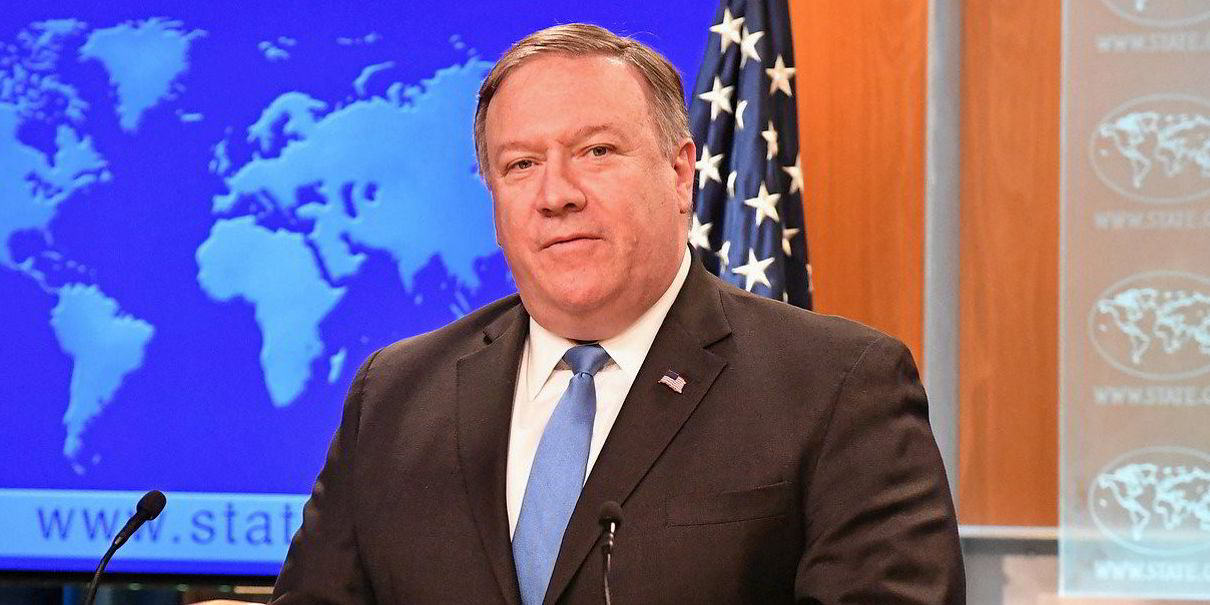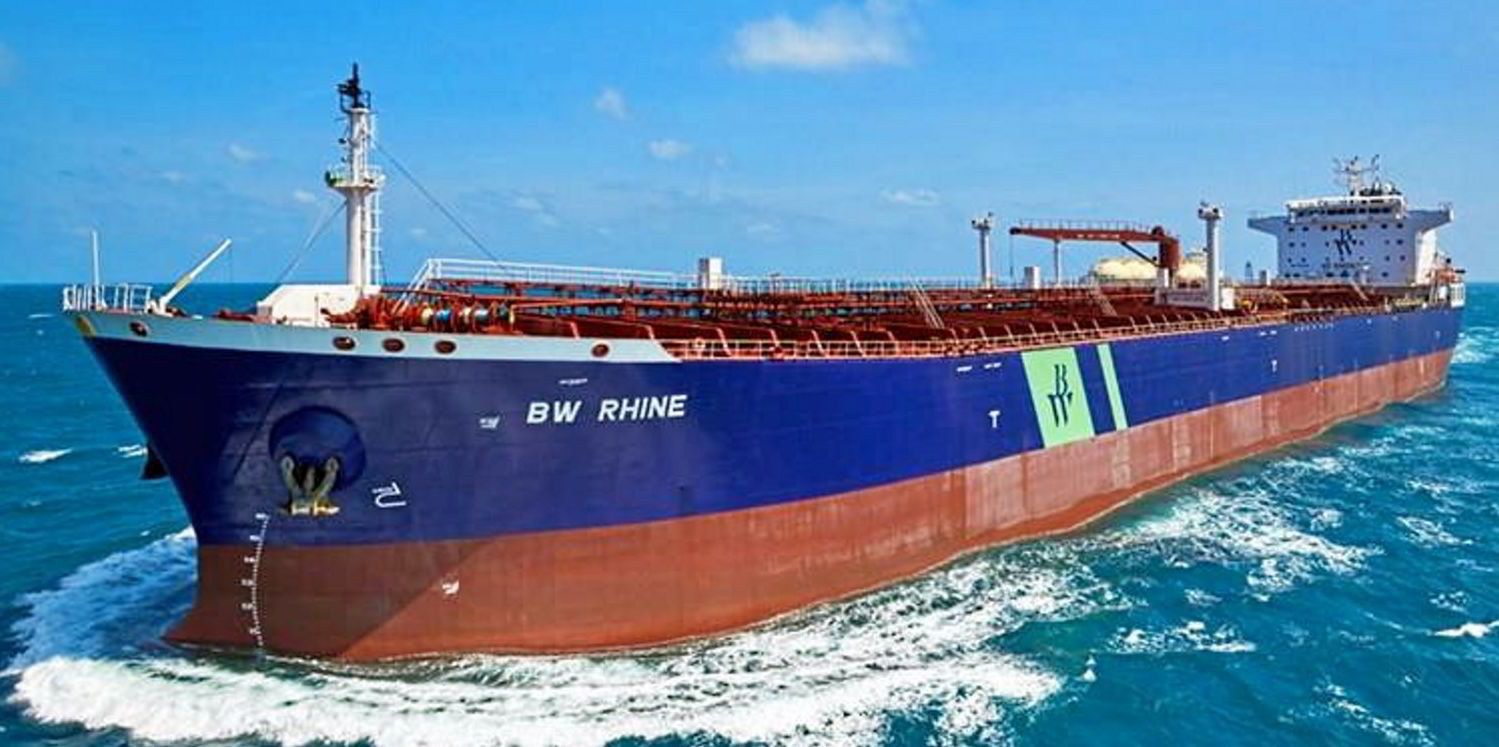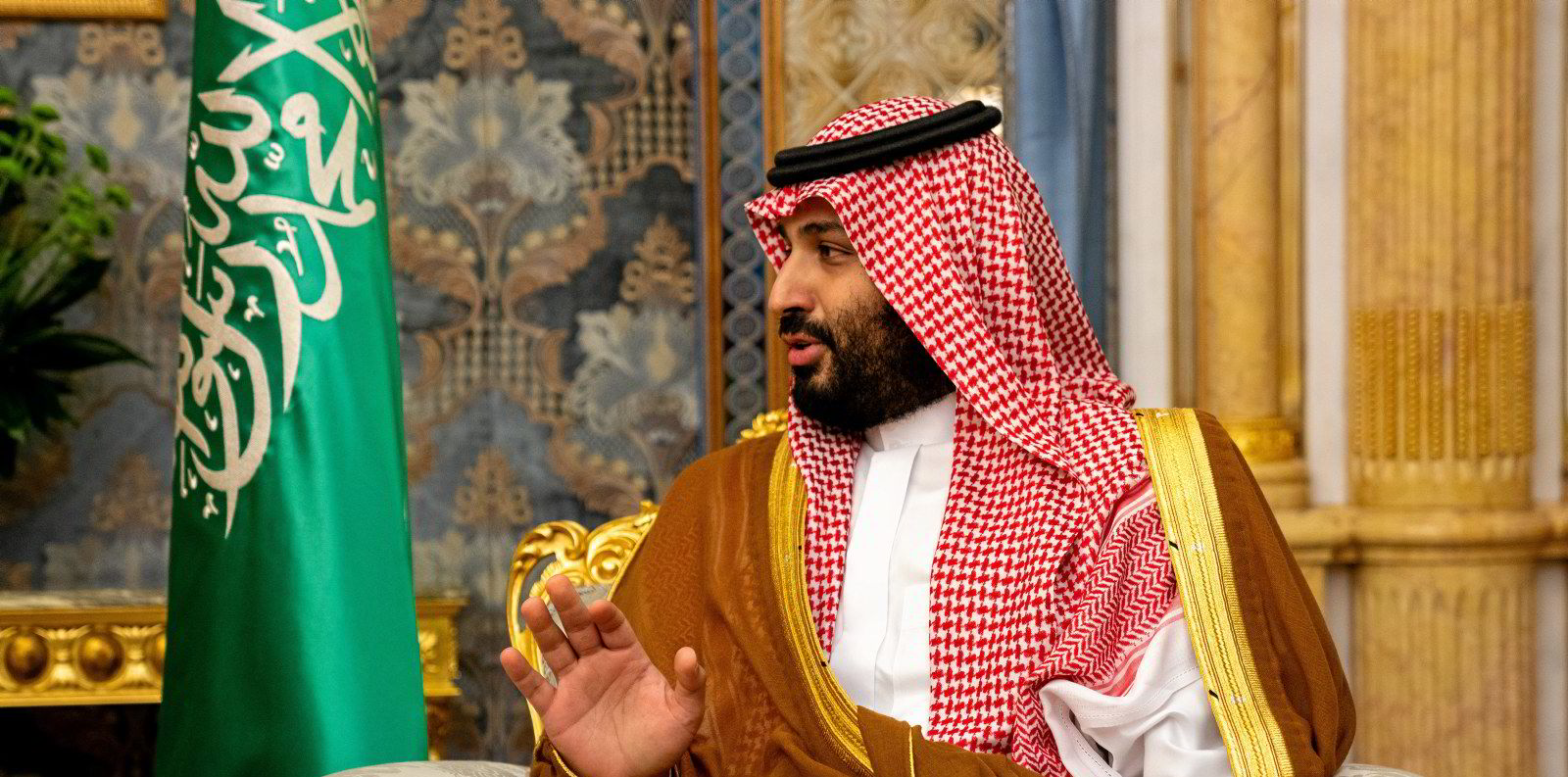The US is to designate Yemen’s Houthis as a foreign terrorist organisation following a series of attacks on tankers in the Red Sea.
US secretary of state Mike Pompeo the move will provide “additional tools” to confront terrorist activity and terrorism in the Gulf region.
He said the US also intends to designate three of Houthis’ leaders, Abdul Malik al-Houthi, Abd al-Khaliq Badr al-Din al-Houthi, and Abdullah Yahya al Hakim as specially designated global terrorist (SDGT) entities.
“The designations are intended to hold Ansarallah [the Houthis official name] accountable for its terrorist acts, including cross-border attacks threatening civilian populations, infrastructure, and commercial shipping,” Pompeo said.
“They are also intended to advance efforts to achieve a peaceful, sovereign, and united Yemen that is both free from Iranian interference and at peace with its neighbors.”
Pompeo said progress in addressing Yemen’s instability can only be made when those responsible for obstructing peace are “held accountable for their actions”.
He said the US recognizes concerns that these designations will have an impact on the humanitarian situation in Yemen.
“We are planning to put in place measures to reduce their impact on certain humanitarian activity and imports into Yemen,” he added.
An LR1 product tanker owned by Hafnia suffered an explosion and fire at the Saudi Red Sea port of Jeddah in the middle of last month.
While the attack on the 76,600-dwt BW Rhine (built 2008) was not blamed on the Houthis, the incident was described as a “terrorist attack”, by Saudi Arabia.
The Hafnia blast was the third incident in little more than two months in which a tanker has suffered an explosion in the region.
Al Shuqaiq terminal in southern Saudi Arabia, near the Yemeni border, was the scene of an explosion on board the George Economou-controlled 107,000-dwt tanker Agrari (built 2009) on 23 November.
In early October, the Eastern Mediterranean Maritime-managed 105,300-dwt aframax Syra (built 2010) was hit by a submersible explosive device while at Rudhum, Yemen.
The Houthis have regularly targeted Saudi Arabia’s energy infrastructure as part of a fight against Yemen’s United Nations-recognised government since 2014.
In 2019 they were responsible for an attack on the world’s biggest crude processing plant at Abqaiq in which armed drones temporarily knocked out around half of Saudi Arabia’s oil-production capacity.






